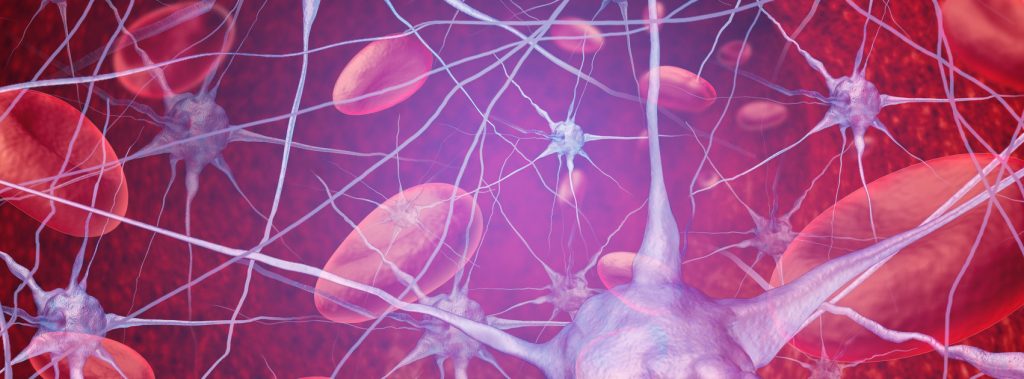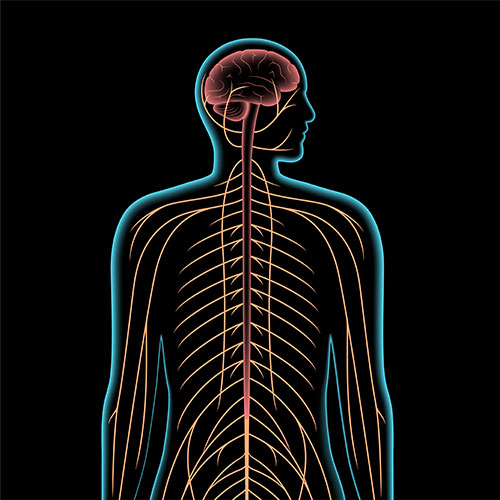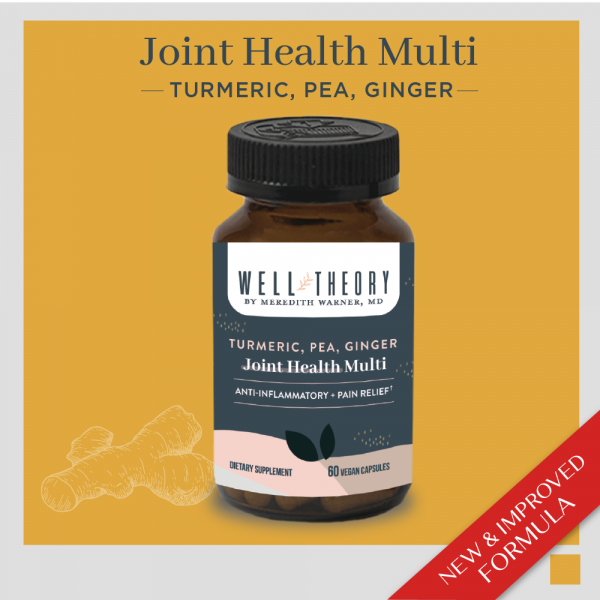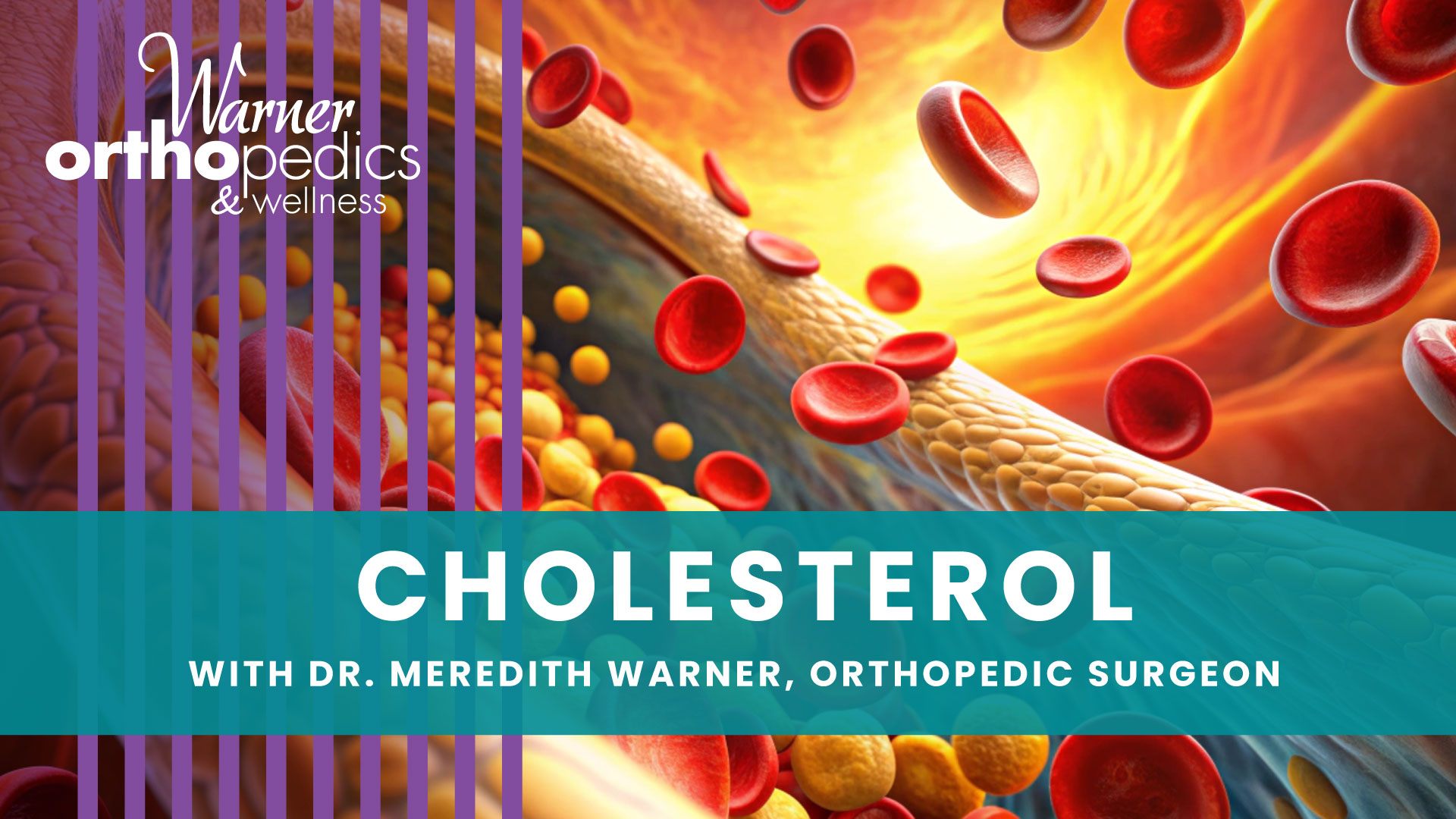Support Connective Tissue

What is Connective Tissue?
Keeping your connective tissue healthy is vital to your mobility and overall health. Connective tissue is commonly associated with your fascia, but also includes fluids, bone, and cartilage as well as ligaments and tendons.
All these connective tissues function as their name implies – connecting parts of your body in order to maintain its structure and support movement. For example, your joints have both cartilage and fluids surrounding them in order to cushion the impact of walking and other daily movements. Each and every layer of the human body is interconnected by a web of fascia. There are also long fascial lines up and down and across the body connecting movements.
When this tissue is damaged or worn, it can cause pain and difficulty moving – impacting your ability to carry out daily tasks or routines.
Because connective tissue is found everywhere in the human body, disorders that damage connective tissue can be felt everywhere too.

Fascia is one type and layer of connective tissue that encases all these elements of your body. From the skin to the deepest part of the body, you will find connective tissue. Fascia envelops all muscle. Fascia has a role not just in connection, but in venous return, tension stress dissipation, enthesis transitions, pain, perception and coordination. Actually, about 30% of muscle force is transmitted via fascia while 70% is transferred by the tendon.
By drinking the appropriate amount of water and improving your nutritional intake and exercise, you can greatly improve the health of your connective tissue. Connective tissue is primarily composed of collagen. It is a structural protein. The building blocks of collagen are a triple helix of proteins. Collagen is about ¾ the dry weight of skin and ⅓ of total protein in the body. There are three parallel polypeptide strands in a left-handed polyproline II-type helical formation. These are called alpha-chains. Each third residue must be glycine. The other two proteins are usually proline and hydroxyproline, but can be other amino acids.
Nourish Your Connective Tissue With Well Theory
Dr. Warner’s Daily Multivitamin: Connective Tissue is a great place to start with improving your fascia, other connective tissues, bone health, and nerve pain. The ingredients below are specially designed to reduce pain and improve connective tissue health.
- PEA (Palmitoylethanolamide): Reduces inflammation and pain in joints and muscles.
- Zinc: Promotes healthy cell development.
- Calcium Citrate: Increases bone health and nerve function. It’s also been shown to reduce the risk of cartilage loss – a key player in connective tissue!
- Vitamin D: Immune health and improves the ability to absorb calcium.
- Vitamin C: Helps your body repair damaged tissue and assists in collagen production from the amino acids in protein. Vitamin C is needed to build the cross links of collagen alpha-chains.
Dr. Warner’s Joint Health Multi also contains turmeric and a concentrated amount of curcumin. Curcumin is the primary active ingredient in turmeric. It’s a strong antioxidant and anti-inflammatory. So, the turmeric and PEA in this multivitamin are working together to reduce pain in your connective tissues, and improve cell development.
Another way to improve your connective tissue health is through omega-3 fatty acids. Foods rich in omega-3 are often found in the Mediterranean Diet, like fish or nuts.
If you’d like to supplement your regular intake of omega-3 fatty acids, you can also find them in Dr. Warner’s Nervous System Multi. Another antioxidant found in this multivitamin is NAC (N-Acetyl L-Cysteine). It’s not only a natural antioxidant, but it helps your body create more in order to fight free radical production at the cell level.
Another great source of antioxidants, anti-inflammatories is the Tart Cherry Extract. It’s one ingredient and packed with benefits that support joint health and connective tissue recovery. Because Tart Cherry Extract has natural levels of melatonin, you can take this supplement before bed and recover while you sleep.
Stretch The Fascia Through Exercise and The Healing Sole
A great way to stretch the fascia is through yoga, which helps loosen the connective tissue throughout the entire body. This allows for less pain and tightness around the joints.
Poses like downward-facing dog can help you stretch, starting with the plantar fascia.
- Start in a high plank position, with your feet shoulder width apart. Spread your fingertips as wide as you can.
- Press into your hands as you push your hips back, and try to keep your heels down.
- Tuck your chin and hold this pose, feeling a stretch from your plantar fascia through the rest of your body.
- If you want to stretch your plantar fascia more actively, once you’re in the downward-facing dog position, you can pedal your feet by gently pushing your heels toward the ground and then raising them.
The Healing Sole was designed for those suffering from plantar fasciitis, so it specifically targets the plantar fascia. However, because we know connective tissue is connected throughout the body, we can help stretch and mobilize that fascia from our feet.
The patented design of The Healing Sole includes a rocker bottom sole, arch support, compressible inner heel, non-compressible outer heel, and a raised toe lift (Cluffy Wedge®) on our Original style.
All these elements work together to help stretch the plantar fascia, which extends from your toes to the heel of your feet.
If you’d like to test the impact your plantar fascia has on the rest of your body’s mobility, you can try this simple exercise.
- Bend over, with your knees straight, and try to touch your toes. You’ll likely feel this stretch in your hamstrings and calves, and might not be able to extend all the way without bending your knees.
- Stretch your plantar fascia by wearing The Healing Sole for 1-2 hours, or through other stretches, like rolling a tennis ball along the bottom of your foot.
- After, try bending forward and touching your toes again. More than likely, your stretch will be a little deeper this time. You might even be able to touch your toes!
Schedule A Consultation Today
Dr. Meredith Warner is certified in the state of Louisiana to recommend medical marijuana to qualifying patients for a variety of conditions including chronic pain, anxiety, depression, intractable pain, multiple sclerosis, and more. Schedule a consultation today with Dr. Warner to determine if you qualify for a medical marijuana recommendation.






